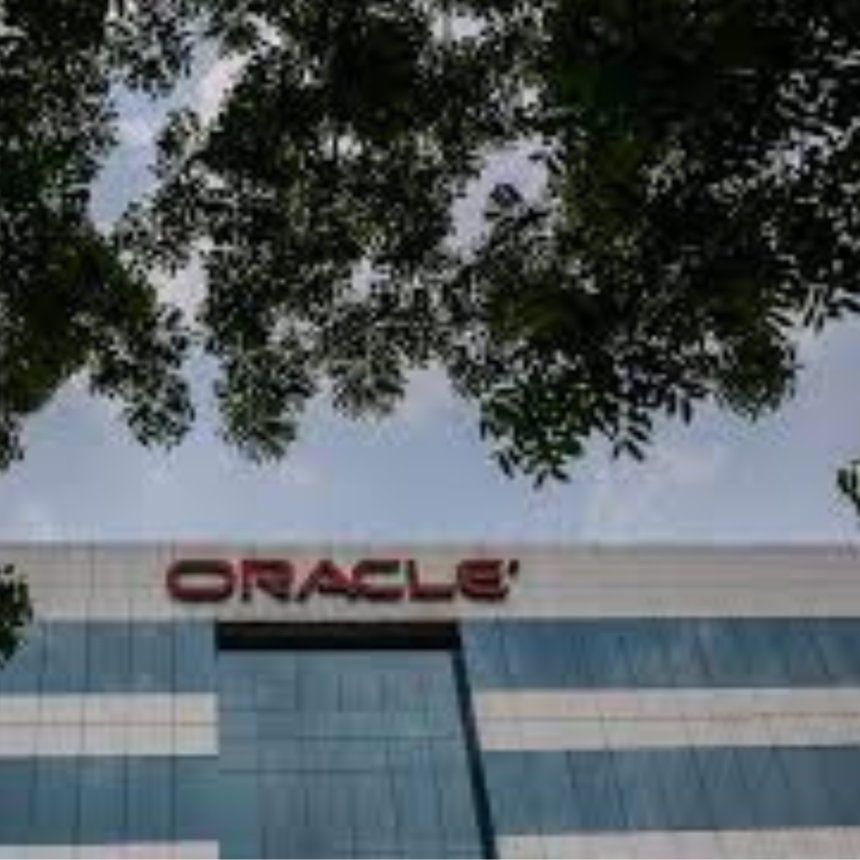In a significant move that signals a shift in the technology landscape, Oracle has announced that it will no longer purchase Intel processors for its data centers. This decision by one of the world’s largest technology companies has raised eyebrows and sparked discussions about the implications for both Intel and the broader industry.
For many years, Intel processors have been the go-to choice for powering data centers due to their performance and reliability. However, Oracle’s decision to move away from Intel signifies a growing trend within the industry towards exploring alternative processor architectures. This shift is driven by the increasing demand for more efficient and specialized computing solutions to meet the evolving needs of modern data-intensive applications.
Oracle’s move may be seen as a vote of confidence in alternative processor technologies, such as ARM-based processors or custom-designed chips. These alternatives offer unique advantages, including energy efficiency, scalability, and the ability to optimize performance for specific workloads. By embracing these alternatives, Oracle aims to enhance its data center capabilities and stay at the forefront of innovation in the rapidly evolving technology landscape.
The decision by a major industry player like Oracle to shift away from Intel processors is expected to have a ripple effect throughout the technology industry. It could prompt other organizations to reconsider their own processor choices and explore alternative options that better align with their specific requirements.
From Intel’s perspective, losing a high-profile customer like Oracle could lead to a decline in market share and impact their revenue. This development may prompt Intel to reevaluate their product strategy and make adjustments to remain competitive in an evolving market.
At the same time, the industry-wide shift towards alternative processor architectures reflects a broader trend of diversification and competition in the technology sector. This diversification is beneficial for consumers and organizations, as it fosters innovation, drives technological advancements, and encourages healthy market competition.
While Oracle’s decision to end Intel processor purchases for its data centers is significant, it does not imply an immediate downfall for Intel or a complete abandonment of their processors in the market. Intel still remains a dominant player in the data center space, and their processors continue to power a vast number of critical systems worldwide. However, it does serve as a wake-up call for the industry to recognize the increasing importance of exploring and adopting diverse processor options.
In conclusion, Oracle’s decision to discontinue Intel processor purchases for its data centers underscores the growing industry-wide shift towards alternative processor architectures. This move reflects the need for organizations to explore more specialized and efficient computing solutions to meet the demands of modern applications. While the full impact of this decision is yet to be seen, it signals a broader trend of diversification and innovation in the technology industry, paving the way for a more competitive and dynamic landscape.
